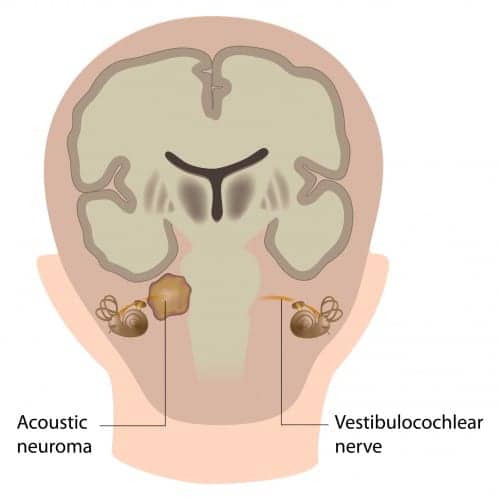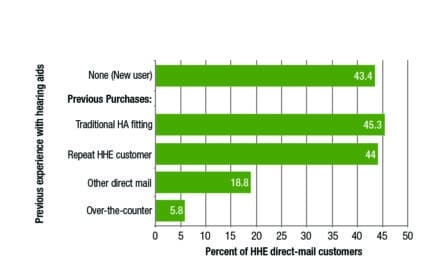Building on work previously reported by Hearing Review in January 2014, scientists have found that salicylates in certain NSAIDs may halt the growth of vestibular schwannomas, or acoustic neuromas. Researchers from Massachusetts Eye and Ear and Harvard Medical School’s Massachusetts Institute of Technology, Program in Speech and Hearing Bioscience and Technology have demonstrated that salicylates, a class of non-steroidal anti-inflammatory drugs (NSAIDs), reduced the proliferation and viability of cultured vestibular schwannoma cells. Proliferation of these cells leads to a sometimes lethal intracranial tumor that typically causes hearing loss and tinnitus. The latest research was published in a January 7, 2015 article in the online journal Translational Research.
“These pre-clinical data based on cultured primary vestibular schwannoma cells, combined with our previously published work on aspirin intake correlating with halted growth of vestibular schwannomas (also known as acoustic neuroma), motivate a future prospective clinical trial,” said research lead Konstantina Stankovic, MD, PhD, FACS, principal investigator at the Eaton-Peabody Laboratories at Massachusetts Eye and Ear. Dr Stankovic also is an assistant professor of Otology and Laryngology at Harvard Medical School.
According to the article, vestibular schwannomas are the most common tumors of the cerebellopontine angle, and the fourth most common intracranial tumors. The authors report that although vestibular schwannomas are histologically non-malignant, they can lead to substantial morbidity, including sensorineural hearing loss, vestibular dysfunction, and facial nerve paralysis. Large vestibular schwannomas can sometimes cause additional paralysis of other cranial nerves, brainstem compression, and death.
Currently, patients with symptomatic or growing vestibular schwannomas (acoustic neuromas) can undergo surgical resection or radiotherapy, both of which can result in serious complications. Effective drug therapies that can limit growth would, therefore, greatly advance care for these patients. The authors report that salicylates are attractive therapeutics because they are clinically relevant, well-tolerated, and commonly used against pathologies such as pain and arthritis. In some cases, chronic intake of salicylates has led to a significant reduction in the incidence and burden of various tumors, such as colorectal cancer.
“In our study, we focused on salicylates because a mechanism of their action is inhibition of cyclooxygenase 2 (COX-2), and a previous study reported that immunohistochemical expression of COX-2 correlated with vestibular schwannoma growth rate,” said Dr Stakovic. “We assessed the efficacy of three different salicylates against vestibular schwannoma: aspirin, sodium salicylate (NaSal), and 5-aminosalicylic acid (5-ASA).”
The researchers analyzed changes in proliferation, cell death and cell viability in primary vestibular schwannoma cultures treated with aspirin, NaSal, or 5-ASA. These drugs decreased proliferation and viability of vestibular schwannoma cells without increasing cell death or affecting healthy SCs. The cytostatic effect of aspirin in vitro was reportedly in concurrence with Dr Stankovic’s previous clinical finding that vestibular schwannoma patients taking aspirin demonstrate reduced tumor growth.
“Overall, this work suggests that COX-2 is a key modulator in vestibular schwannoma cell proliferation and survival, and highlights salicylates as promising pharmacotherapies against vestibular schwannoma,” the authors concluded.
Source: Massachusetts Eye and Ear
Image credit: © Alila07 | Dreamstime.com





